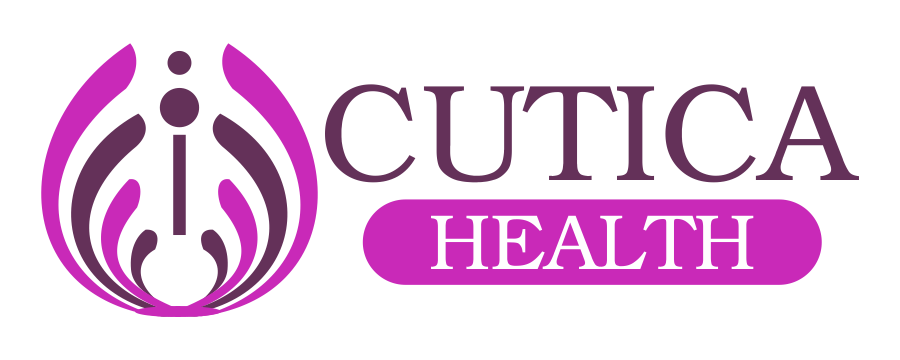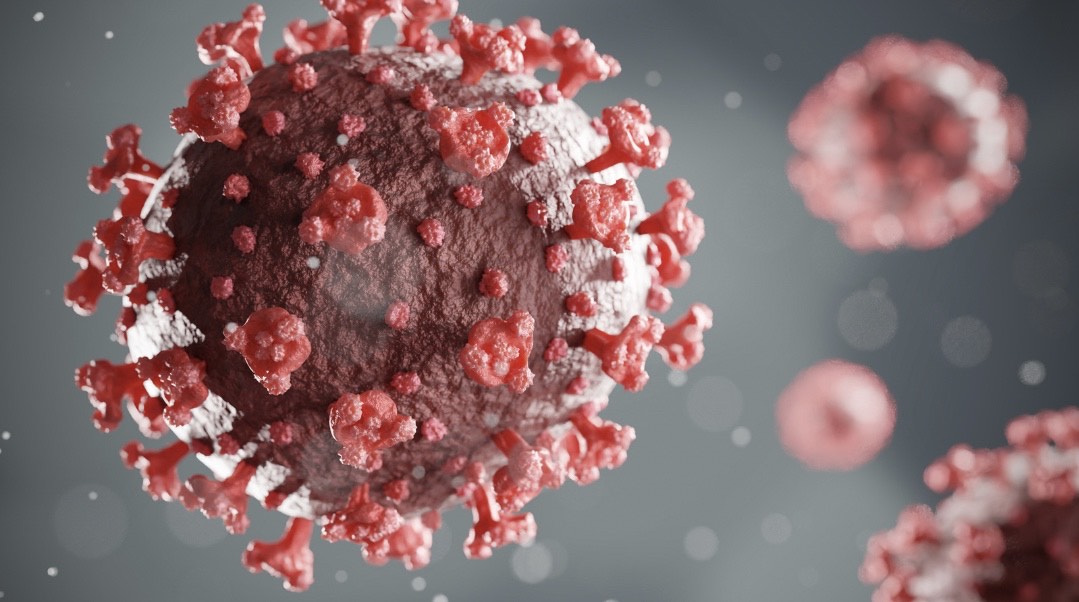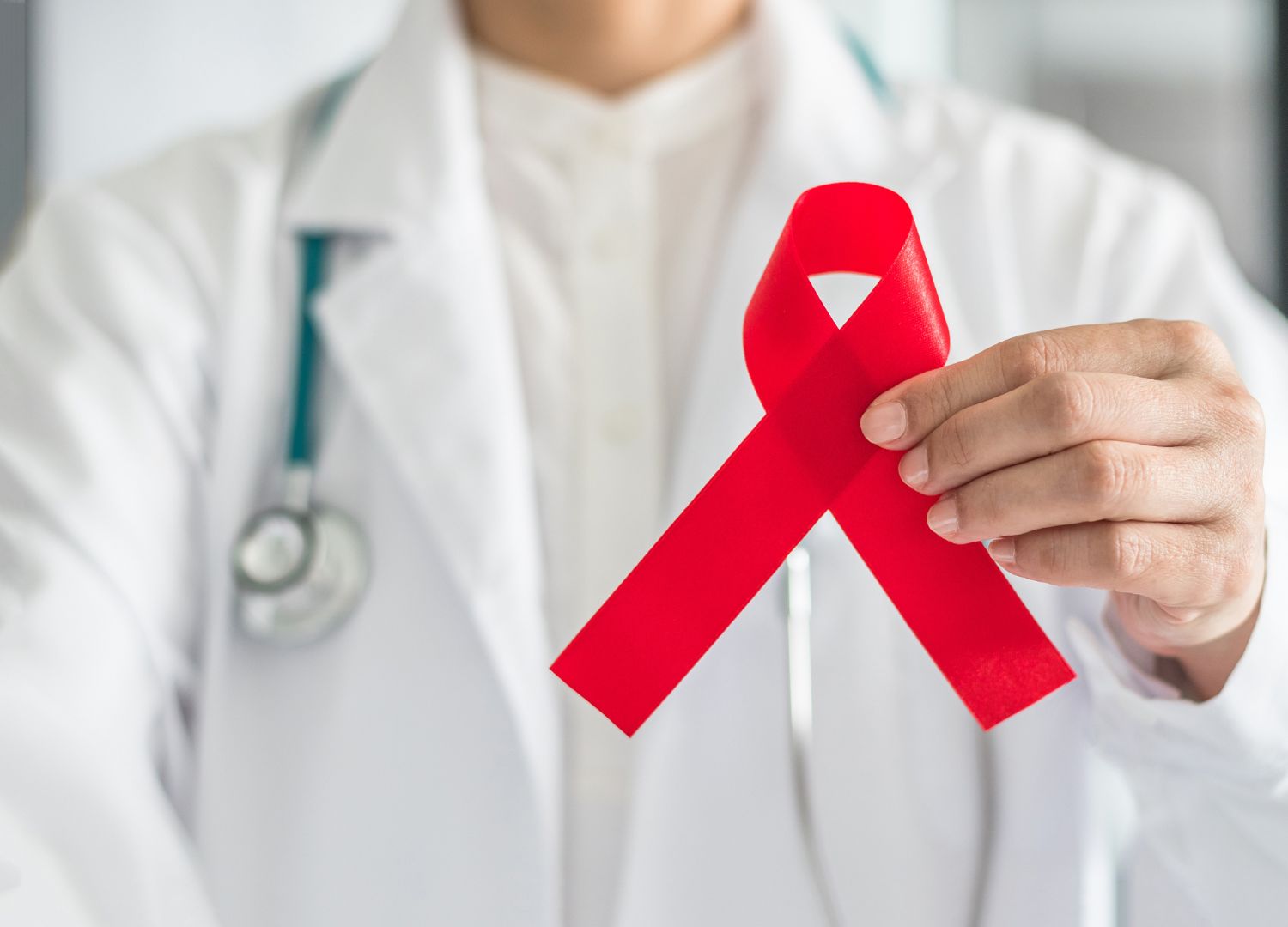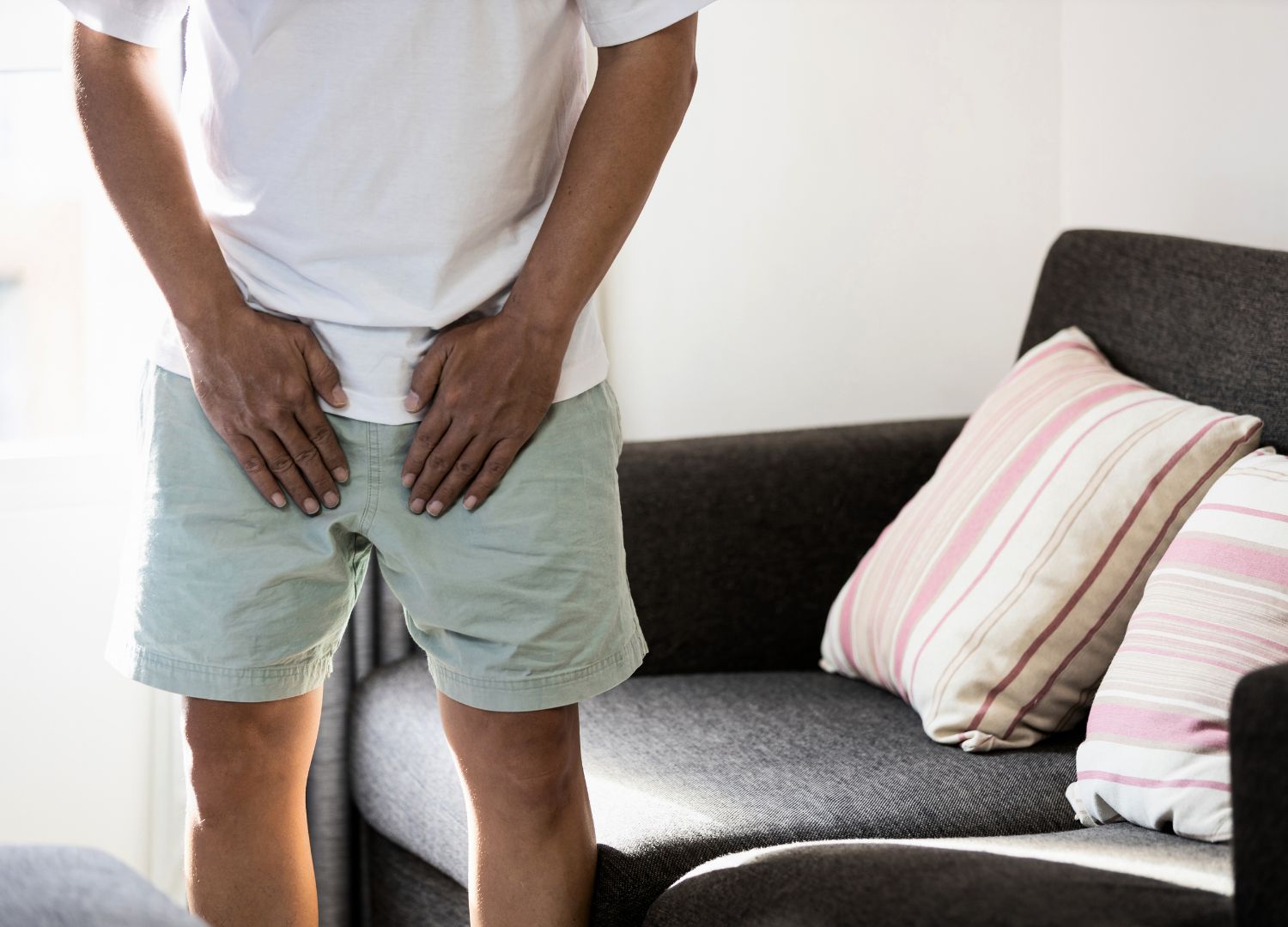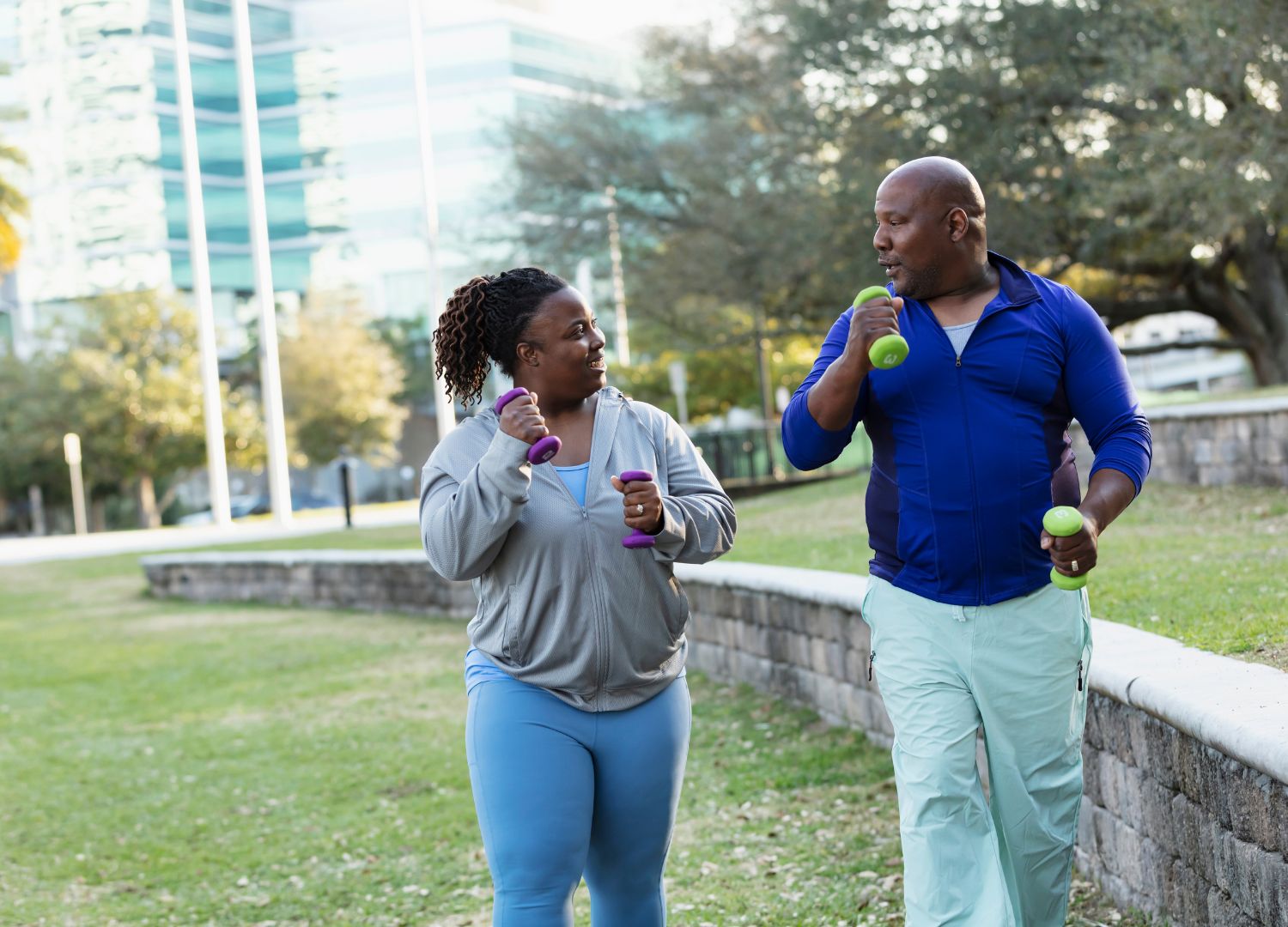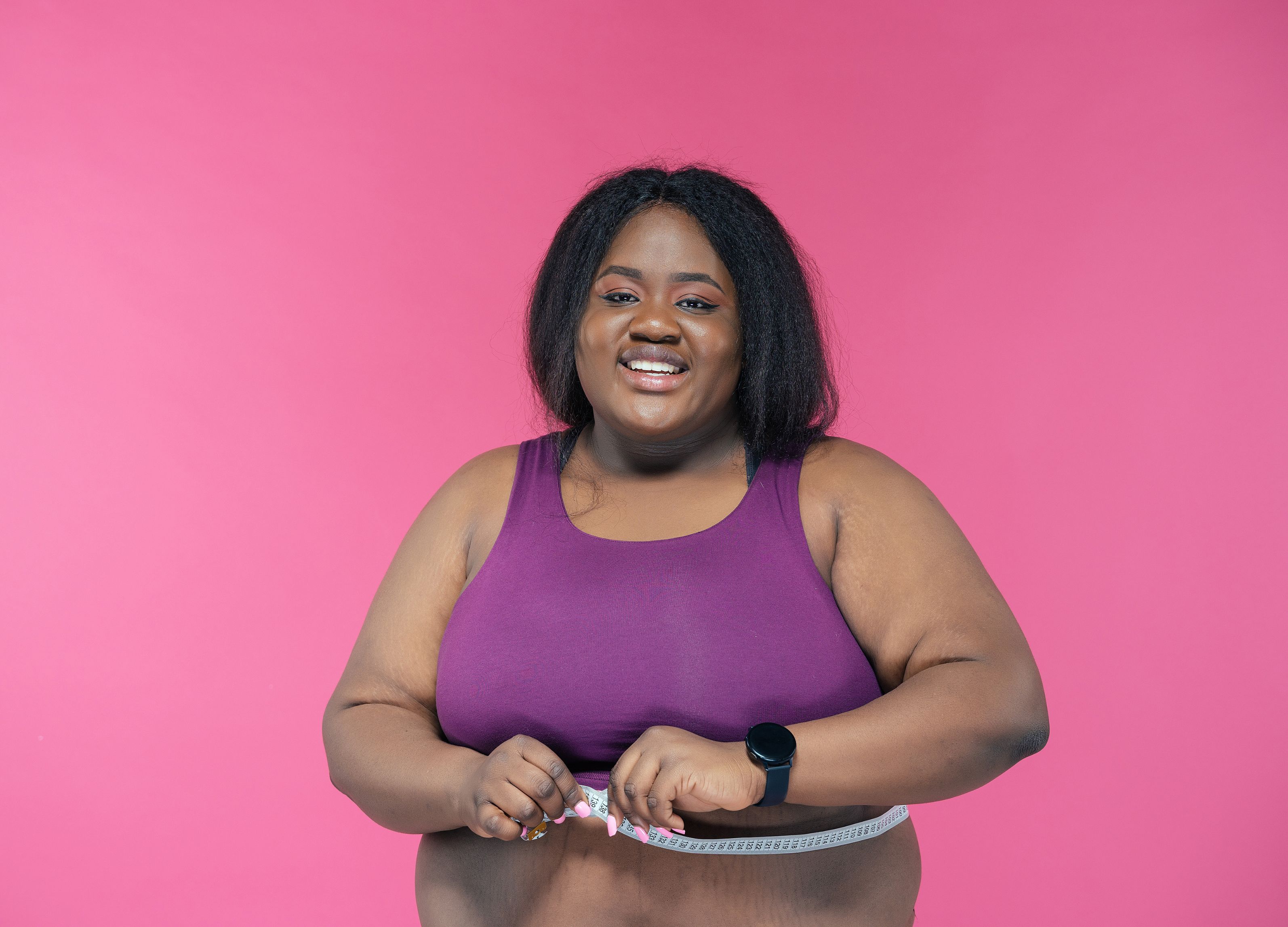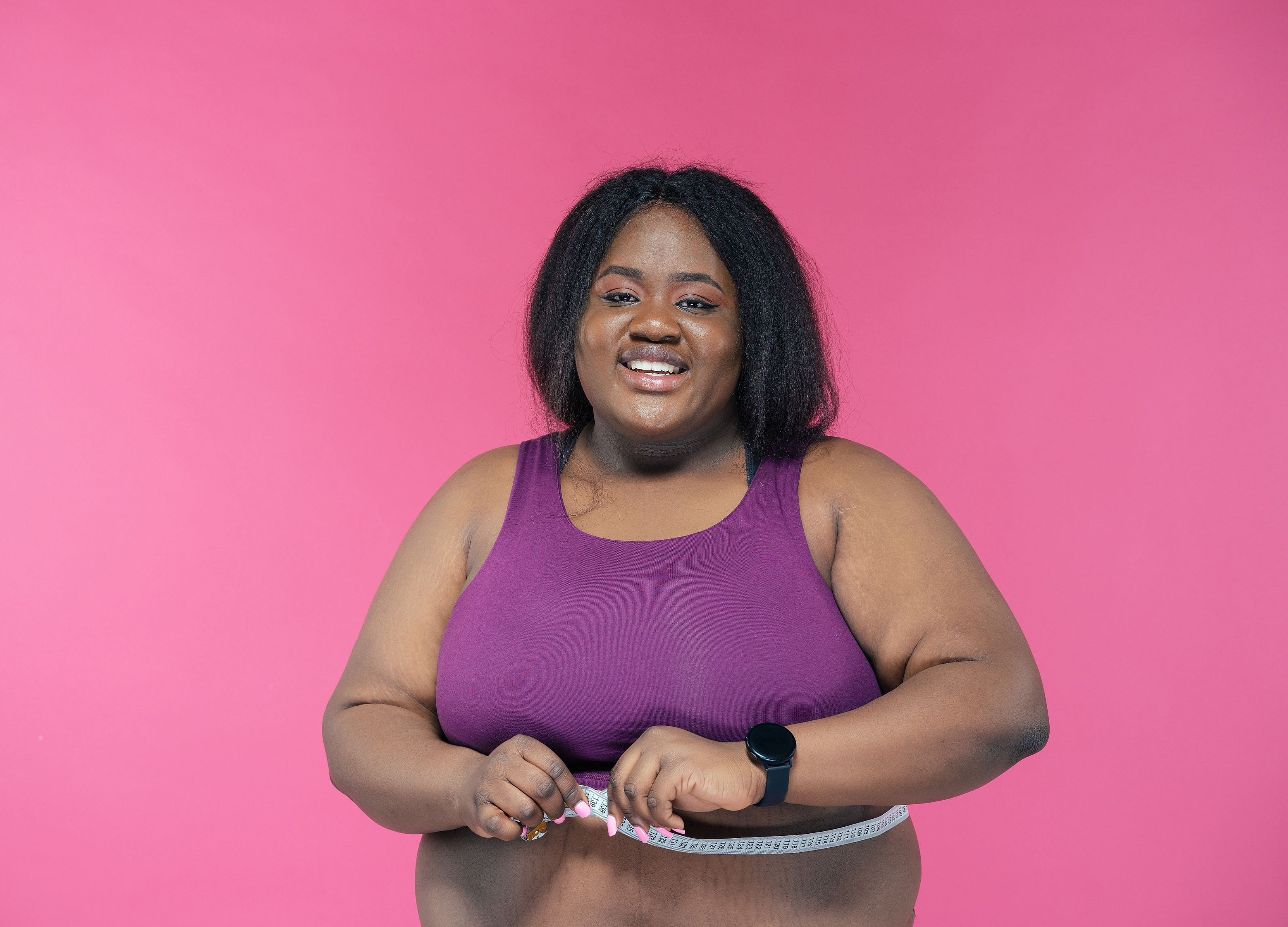The Covid-19 pandemic has changed daily life as we know it in all parts of the world. From mandatory mask-wearing to working remotely, people have been forced to adjust their lifestyles to cope and survive.
Compulsory lockdowns across the world meant that people spent months indoors. Apart from the psychological stress the lockdown brought with it, lifestyle changes such as increased alcohol consumption, binge-eating, and working overtime were also present.
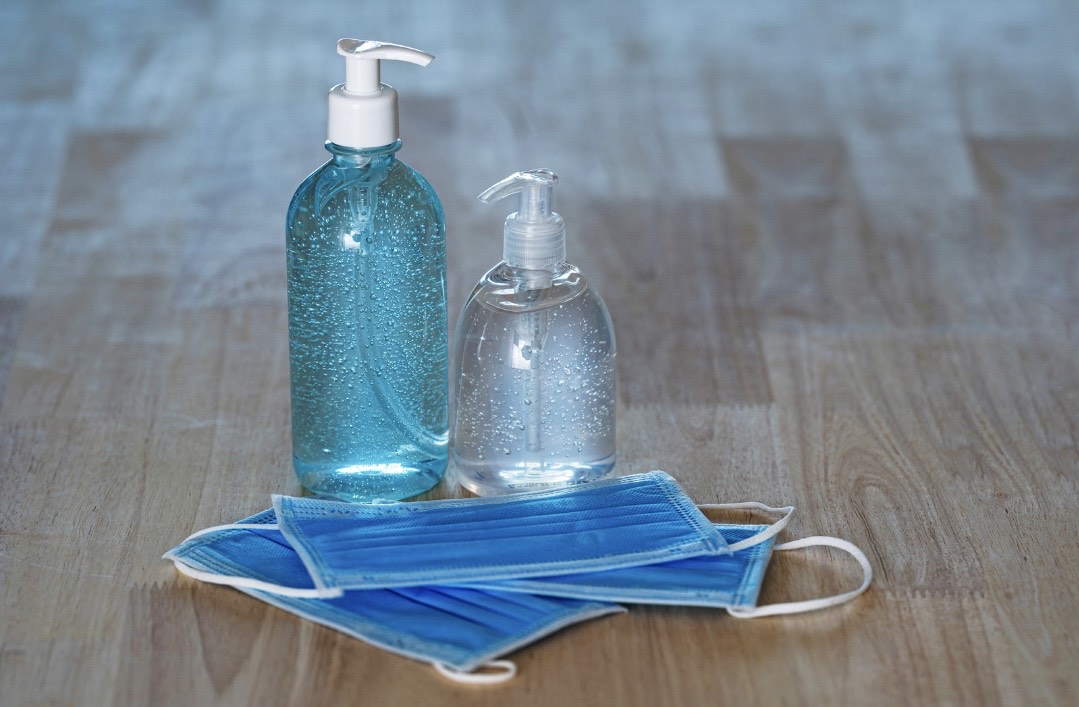
Here are some lifestyle issues to consider revamping in your life:
Regularize your sleep schedule
Poor sleep quality and disrupted sleep patterns became widespread during the pandemic. Uncertainty, worrying, and a dissolved daily schedule were major contributors to this. As daily living regains structure, take steps to modify your sleep schedule.
Practice sleep hygiene: don't take work to bed, leave your phone in the living room, and cut down on all-nighters.

Create a work-life balance
In a bid to curb the spread of Covid-19, many firms turned to remote working. While this has many benefits for workers, it also comes with its own downsides. Majority of remote workers have reported working overtime, taking work to bed, and finding that work is interfering with daily life.
Try to: Create a dedicated workspace and set a closing time similar to the one you had at work, make sure to stick to it.
Shut down work computers and don't answer work emails after this set time.
Go out more often
This one is a no-brainer. You must be itching to get out of the house and hang out with friends. Please do, but remember to be safe and follow precautions issued by health authorities.
Even for remote workers, try to switch up your work environment: try cafes and restaurants. Try to eat out with friends or family for lunch.
Implement a healthy diet
In times of chronic stress and uncertainty, people tend to rely on their comfort food to get them through it. Comfort food is often processed, high in fat and sugar, and generally unhealthy. As things get better, swap that burger for fruits and vegetables. Try to stop binge-eating or emotional eating. Keep an eye on portion size to ensure you are eating the right amount.
Take your health seriously
Don't shy away from the hospital if you feel ill, even if those symptoms are similar to the Covid-19 symptoms. Many people did this at the height of the pandemic to avoid quarantine. An early diagnosis increases your chances of full recovery with minimal complications. In the absence of symptoms, regular check-ups should be a must, most importantly among older adults who are at risk for other illnesses and diseases.
Stick to hygiene habits
Covid-19 allowed us as humans to reexamine our hygiene. We became conscious of the way we carry and spread germs and took steps to curb it.
Stick to these habits:
- Wash hands often especially after handling money or touching high-contact surfaces.
- Face masks are a good idea, when recommended by health authorities.
- Keep wiping down your surfaces, door handles and such with sanitizers and wipes.
- Keep sanitizers and wipes in your bag and use them throughout the day as you interact with people and objects.
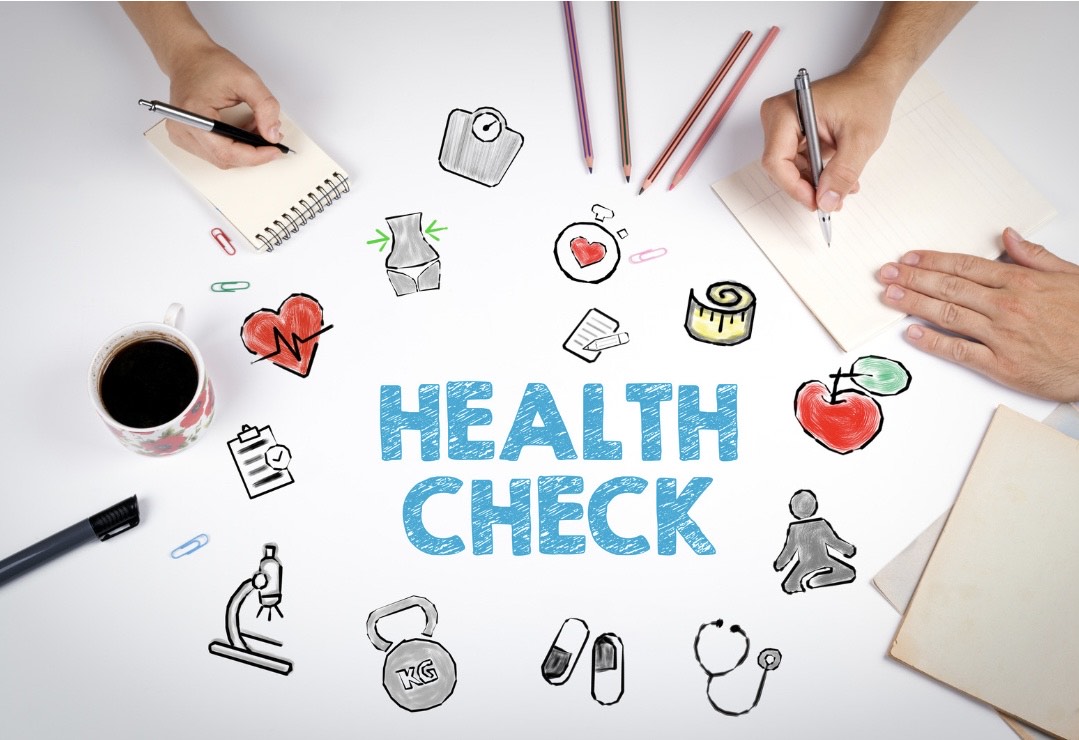
Conclusion
As the global Covid-19 outlook becomes more positive, you should also try to adapt positive lifestyle changes. Leave binge-eating and couch-surfing behind and try to eat healthier and exercise regularly. Make regular health checks a must as well.
